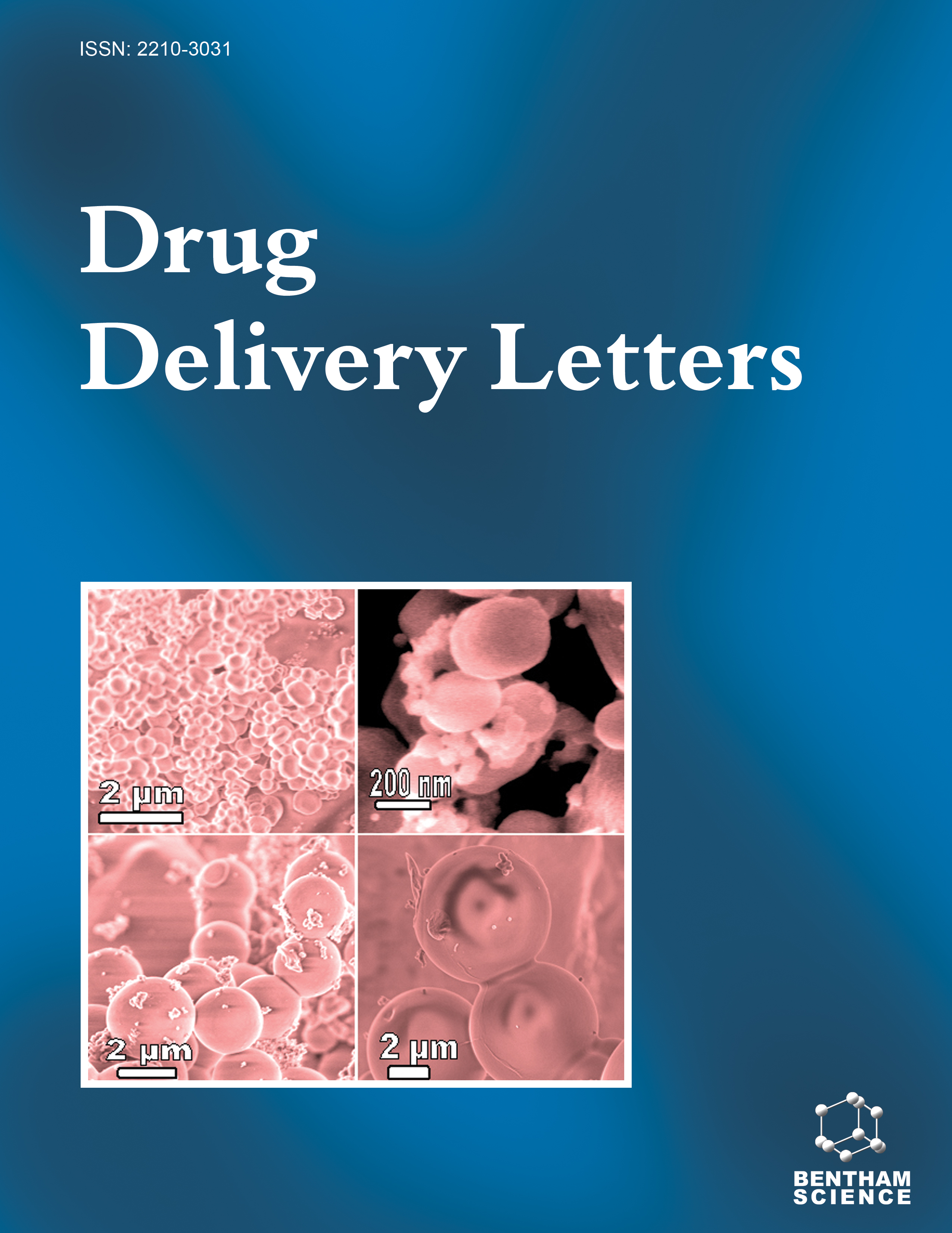-
s Nanotechnology Approaches to Target Endosomal pH: A Promising Strategy for an Efficient Intracellular Drug, Gene and Protein Delivery
- Source: Drug Delivery Letters, Volume 4, Issue 1, Apr 2014, p. 2 - 11
-
- 01 Apr 2014
Abstract
Advances in strategies for treating a wide variety of diseases require an efficient delivery of the active compounds into the cytosol of target cells. One of the challenges for the efficient intracellular delivery of therapeutic biomolecules after their cell internalization by endocytosis is to manipulate or circumvent the non-productive trafficking from endosomes to lysosomes, where degradation may occur. Because the nanocarriers generally cannot directly cross the lipid bilayer of the endosomes, the pH targeting approach, which can lead to as elective disruption of the endosomal membrane, is regarded as a promising strategy to promote a specific triggered release of active biomolecules. The combination of the endosomal acidity with the endosomolytic capability of the nanocarrier can increase the intracellular delivery of many drugs, genes and proteins, which, therefore, might enhance their therapeutic efficacy and, in specific cases, overcome the multidrug resistance of many bacterial and tumor cells. Different approaches have been taken to develop pHsensitive drug delivery devices, including the incorporation of pH-responsive polymers, peptides, surfactants and fusogenic lipids. This review focuses on the recent progress in pH-sensitive nanocarriers and their performance as nanoscale strategies for the intracellular drug, gene and protein delivery, with emphasis on their specificity to the acidic environment of the endosomal compartments.


